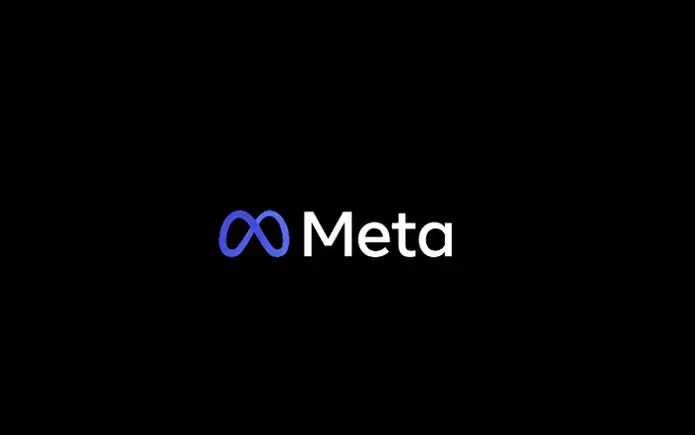As the political tides shift with Donald Trump’s resurgence as President, the implications for major corporations, especially tech giants like Meta, are profound. Meta, previously known as Facebook, has faced considerable backlash over its political policy and content moderation practices. With Trump’s return to the forefront, it is clear that the company is recalibrating its strategy to maintain relevance and mitigate risks. This forthcoming tumult will likely influence Meta’s engagement and communication dynamics with its users and stakeholders alike.
New Appointments and Political Affiliations
In a move that signals its intention to ease relations with the incoming Trump administration, Meta has brought in three new board members: John Elkann, Charlie Songhurst, and notably, Dana White, the President of the Ultimate Fighting Championship (UFC). White’s strong affiliation with Trump, including his vocal support during Trump’s 2020 campaign and appearances at Republican events, emphasizes a shift in Meta’s strategic approach. By selecting board members with aligned political views, Meta seeks to create an environment where their corporate decisions will be met with less friction from the government.
This alignment is significant, given Trump’s previous threats against Meta’s CEO, Mark Zuckerberg, related to perceived partisan biases in the company’s operations. The implication here is clear: with a board infused with pro-Trump influence, Meta aims to safeguard its interests in the face of potential regulatory challenges.
Restructuring for a Political Shift
Meta’s recent changes extend beyond board appointments. The replacement of its public affairs leader, Nick Clegg, with Joel Kaplan—a Republican advocating for a less interventionist stance on political discourse—is a clear indicator of the company’s shift in priorities. The restructuring aims to amplify Republican voices within Meta’s policy-making processes, reflecting a broader strategy to align corporate governance more closely with the political landscape shaped by a new Trump administration.
This move is not without complications, as it may spark renewed scrutiny from those who view Meta’s past content moderation as an essential tool against misinformation and divisive rhetoric. However, Meta’s leadership appears determined to strike a balance that satisfies its user base while navigating the turbulent waters of political allegiance.
One of the most consequential aspects of this shifting dynamic is Meta’s potential reevaluation of its stance on political content. Previously, the company adopted a position that limited the reach of political discussions, aiming to avoid the backlash that ensued during and after the 2020 elections. Yet, with the Trump administration back in play, the possibility of changing these regulations looms large. The company had moved to make political content opt-in, prioritizing user preference to avoid clashes with its user base.
Yet, with Trump’s influence and White’s insights on the board, Meta may reconsider its previous strategy, marking a potential departure from a hands-off approach to one more inclusive of political discourse. Such a change could transform user engagement—offering broader access to political discussions, but at the same time possibly reintroducing the challenges of managing misinformation and divisiveness that plagued the platform in the past.
Meta’s attempts to secure a reconciliatory relationship with the Trump administration highlight the precarious balance between corporate governance and political influence. While forming alliances with prominent political figures may seem prudent, it raises questions about the ethical implications of such modifications in content policy. Will these changes enhance freedom of expression, or will they re-enable harmful rhetoric?
Moreover, Trump’s previous experience with Meta holds significant implications. After his accounts were suspended for incendiary remarks, Trump has since cultivated his own platform, Truth Social. This shift potentially lessens his dependency on Meta, creating a scenario where the company may face diminished influence in his narrative formation. Consequently, Meta’s approach may, in part, be seen as an attempt to maintain relevance in a landscape where competitive platforms are emerging.
As Meta navigates its complex relationship with political powers, it is crucial for the platform to confront the ethical dilemmas inherent in recalibrating its stance on political content. The influence of newly appointed board members may indeed impact the way political discourse is moderated, but it remains to be seen whether these relationships will ultimately benefit or compromise the company’s integrity.
In reflecting on the broader implications, it becomes clear that Meta’s future actions must prioritize not only corporate interests but also the responsibility it holds towards its vast user base. Whether this strategic pivot results in a more open political dialogue or a resurgence of malicious content will depend heavily on how the company manages its newfound affiliations and the intricacies of political discourse in the digital age.

